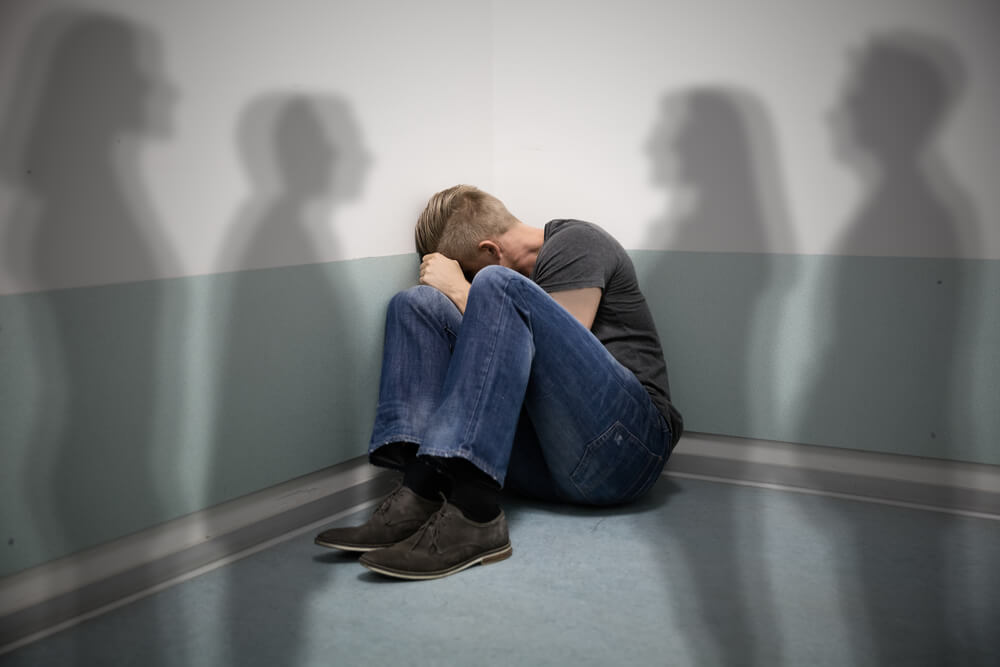Schizophrenia is one of the most devastating diseases in the world. An estimated 20 million people worldwide have it. To diagnose a person with schizophrenia, DSM-5 indicates that two or more characteristic symptoms must be present; each of them must last at least a month.
These symptoms are: delusions, hallucinations, disorganized language, catatonic or severely disorganized behavior, and negative symptoms, such as emotional bottling or allegory, which we will explain later.
- For diagnosis it is necessary for the patient to have affected his socioprofessional situation in one or more important areas of his life.
- In addition.
- The change persists continuously for at least 6 months.
- This period may include the proromic and residual phases.
Schizophrenia, on the other hand, can be characterized by its predominant symptoms, so we can divide the disease between cases with positive symptoms and those with negative symptoms, in the first case patients are recognized because the symptoms are very striking or striking. Here we can include hallucinations, delusions or motor changes, rare symptoms that attract a lot of attention.
On the other hand, negative symptoms are those that go unnoticed because they are not as extravagant or eye-catching, but have worse prognosis.
Patients with negative symptoms tend to have an increased risk of chronicity, suicide or substance abuse, in addition, deterioration at all levels is much more pronounced than in patients with positive symptoms, below we explain the positive and negative symptoms of schizophrenia.
The main positive symptoms associated with schizophrenia include
Some types of delusions, depending on the content, are: loss, which is the most common; control, when the patient believes that an external force controls their thoughts or actions; reference, when they believe that what happens around them always has to do with them; granderity, religiosity, guilt, jealousy, etc.
Negative symptoms, as we have said before, are not as dramatic or striking as positive ones, but they have worse prognosis, with these symptoms neuroleptics are not effective, are related to neuronal losses in the temporal lobe and ‘to- hippocampal tower’, are more common in humans and generally have a chronic and irreversible evolution, some of these symptoms are:
Currently, pharmacotherapy is the treatment of choice for schizophrenia; In addition, additional psychological treatment has been shown to improve the effectiveness of antipsychotics.
The problem is that the drugs are effective when the patient has positive symptoms because they work by blocking D2 dopamine receptors and inhibiting their activity, which relieves hallucinations and/or delusions; on the other hand, medications not only do not improve negative symptoms, but in some cases can make them worse, so more research is needed.

